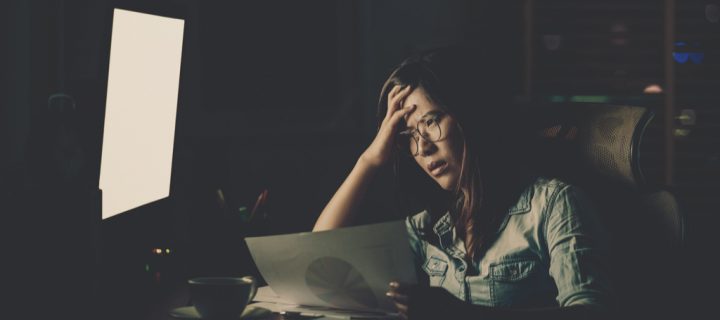You’ll probably want to send this link to your boss when you’re finished reading.
Giving that cliché ‘110%’ effort your managers push you to work towards can certainly raise productivity. It can even raise your standing in the company if you do well – but you’ll be putting your health on the line, suggests a new study.
Researchers from Purdue University in Indiana and the University of Copenhagen analyzed health information of employees at Danish manufacturing firms. Their results indicated a heavier workload objectively put employees at a heightened risk of illness and injury.
Some of the findings were expected: when one of the firm’s workloads increased capriciously, the researchers documented a boost in productivity and longer hours/fewer sick days for employees. The higher intensity work was linked to higher incomes, and on a positive note, that higher wealth lead to better health, said the researchers.
But they also found that increased workload came at a cost: a higher rate of injuries and illness.
The encompassing study examined each individual Danish worker’s interaction with the country’s healthcare system, as well as the sick days taken from 1996 to 2006.
The researchers concluded that injury rates rose alongside work intensity, leading to higher injury rates for both men and women.
Sickness in women was significantly higher, too. The study revealed a 10% upswing in work correlated to a 6.4% increased risk of injuries; a 2.51% in increase in depression; and a 15% increase in hospitalization from heart attack or stroke.
Stress comes along virtually any standard job, but as study co-author and Purdue University economics professor Chong Xiang suggests, the research encourages overwhelmed or overworked individuals to speak up.
“In our culture we don’t seem very comfortable talking about personal mental health issues,” Xiang told CTV News.
“As a society, we can support each other better if we’re just more open about such conversations.”
Photo Credit: TZIDO SUN/Shutterstock












